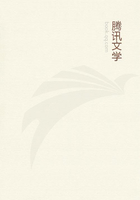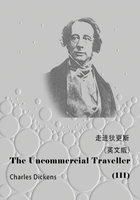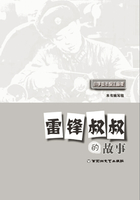In spite of difficulties and delays, however, and not without pain and some perilous adventures, I succeeded at last in reaching the upper Orinoco, and, eventually, in crossing to the other side. With my life in my hand I struggled on westward through an unknown difficult country, from Indian village to village, where at any moment I might have been murdered with impunity for the sake of my few belongings. It is hard for me to speak a good word for the Guayana savages; but I must now say this of them, that they not only did me no harm when I was at their mercy during this long journey, but they gave me shelter in their villages, and fed me when I was hungry, and helped me on my way when I could make no return. You must not, however, run away with the idea that there is any sweetness in their disposition, any humane or benevolent instincts such as are found among the civilized nations: far from it. I regard them now, and, fortunately for me, I regarded them then, when, as I have said, Iwas at their mercy, as beasts of prey, plus a cunning or low kind of intelligence vastly greater than that of the brute; and, for only morality, that respect for the rights of other members of the same family, or tribe, without which even the rudest communities cannot hold together. How, then, could I do this thing, and dwell and travel freely, without receiving harm, among tribes that have no peace with and no kindly feelings towards the stranger, in a district where the white man is rarely or never seen? Because I knew them so well. Without that knowledge, always available, and an extreme facility in acquiring new dialects, which had increased by practice until it was almost like intuition, I should have fared badly after leaving the Maquiritari tribe. As it was, I had two or three very narrow escapes.
To return from this digression. I looked at last on the famous Parahuari mountains, which, I was greatly surprised to find, were after all nothing but hills, and not very high ones. This, however, did not impress me. The very fact that Parahuari possessed no imposing feature in its scenery seemed rather to prove that it must be rich in gold: how else could its name and the fame of its treasures be familiar to people dwelling so far away as the Cunucumana?
But there was no gold. I searched through the whole range, which was about seven leagues long, and visited the villages, where Italked much with the Indians, interrogating them, and they had no necklets of gold, nor gold in any form; nor had they ever heard of its presence in Parahuari or in any other place known to them.
The very last village where I spoke on the subject of my quest, albeit now without hope, was about a league from the western extremity of the range, in the midst of a high broken country of forest and savannah and many swift streams; near one of these, called the Curicay, the village stood, among low scattered trees--a large building, in which all the people, numbering eighteen, passed most of their time when not hunting, with two smaller buildings attached to it. The head, or chief, Runi by name, was about fifty years old, a taciturn, finely formed, and somewhat dignified savage, who was either of a sullen disposition or not well pleased at the intrusion of a white man. And for a time Imade no attempt to conciliate him. What profit was there in it at all? Even that light mask, which I had worn so long and with such good effect, incommoded me now: I would cast it aside and be myself--silent and sullen as my barbarous host. If any malignant purpose was taking form in his mind, let it, and let him do his worst; for when failure first stares a man in the face, it has so dark and repellent a look that not anything that can be added can make him more miserable; nor has he any apprehension. For weeks I had been searching with eager, feverish eyes in every village, in every rocky crevice, in every noisy mountain streamlet, for the glittering yellow dust I had travelled so far to find. And now all my beautiful dreams--all the pleasure and power to be--had vanished like a mere mirage on the savannah at noon.
It was a day of despair which I spent in this place, sitting all day indoors, for it was raining hard, immersed in my own gloomy thoughts, pretending to doze in my seat, and out of the narrow slits of my half-closed eyes seeing the others, also sitting or moving about, like shadows or people in a dream; and I cared nothing about them, and wished not to seem friendly, even for the sake of the food they might offer me by and by.

